MachineLearning
Latest
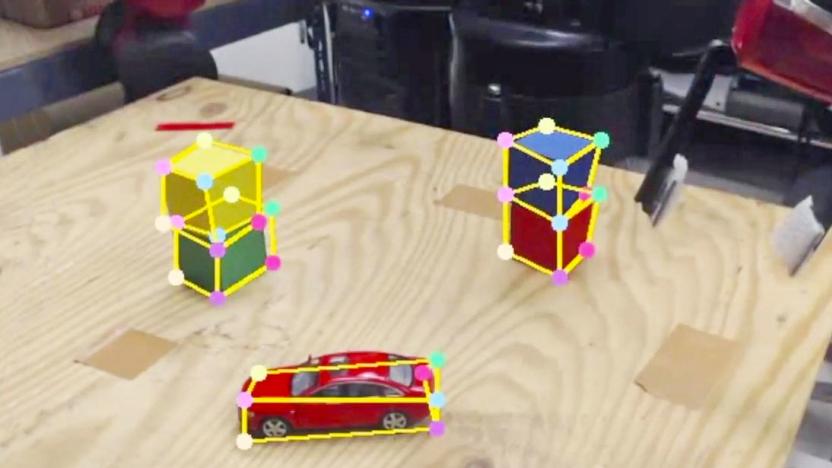
Robots can learn tasks by watching and mimicking humans
This week, NVIDIA revealed that its researchers have developed a unique deep learning system that allows a robot to learn a task based on the actions of a human. The focus here is on the communication between the robot and human, to the point where the robot can observe and mimic the human.

Alphabet's Project Shield expands DDoS protection to politics
Today, Alphabet announced that Project Shield is widening its scope. The free service is now expanding to include protecting any registered political organization from DDoS attacks. This includes candidates, political action committees and campaigns.

Google's AI-powered News app arrives on iOS
A redesigned Google News for iOS was a notable inclusion at the Google I/O keynote last week. Today it rolls out officially, replacing the existing Google Play Newsstand, which launched on iOS in 2014 as a news and magazine subscription hub. The app has been completely reimagined, designed to handle the ever-evolving way we consume news, and leveraging existing AI and machine-learning technology to create a personalized and curated experience. Most importantly, it draws from a variety of sources to deliver packages of opinion, analysis and fact-checked articles focused on specific newsworthy events, giving users a solid platform from which to make up their own minds about current affairs.

Google employees reportedly quit over military drone AI project
Around a dozen Google employees have quit over the company's involvement in an artificial intelligence drone program for the Pentagon called Project Maven, Gizmodo reported today. Meanwhile, nearly 4,000 workers have now demanded an end to the company's participation in Maven in a petition that also calls for Google to avoid military work in the future.

AI offers a new way to look inside living human cells
Over the course of their careers, biologists develop a huge mental library of cell structures and their corresponding data. Investigating specific areas of a living cell involves a piecemeal approach, identifying how some parts work with others and spending time on cell labelling. But now, the Allen Institute for Cell Science has launched the first predictive 3D model of a live human cell -- the Allen Integrated Cell -- and it could be "a total game changer", according to researchers.

Pretty sure Google's new talking AI just beat the Turing test
So that whole Turing test metric, wherein we gauge how human-like an AI system appears to be based on its ability to mimic our vocal affectations? At the 2018 I/O developers conference Tuesday, Google utterly dismantled it. The company did so by having its AI-driven Assistant book a reservation. On the phone. With a live, unsuspecting human on the other end of the line. And it worked flawlessly.

Google's AI-driven News app will make sense of the day's news
Google confirmed earlier rumors surrounding its News app at the I/O developers conference on Tuesday, showing off a completely reimagined product designed to handle the rigors of our modern news cycle.

Gmail's Smart Compose autocompletes your emails as you type
Google recently rolled out a huge makeover for Gmail, with a completely new look and other features, but it's not done yet. At I/O, Sundar Pichai revealed Smart Compose. An extension of the current Smart Replies tech, it uses machine learning to compose complete phrases for you while you type, essentially working as a much more intelligent autocomplete.

Self-learning robots may soon inspect nuclear sites
Some jobs are simply too dangerous for humans. Near the top of that list is nuclear cleanup -- so to keep us mere homo sapiens safe, we're sending in robots. To help improve the bots' decision making skills, scientists at the University of Lincoln have won a grant to develop artificial intelligence systems for self-learning robots deployed at nuclear sites.
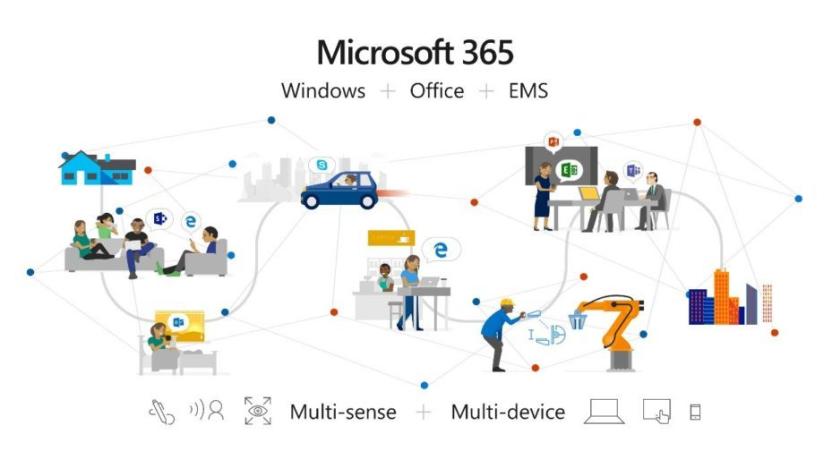
Microsoft 365 now includes machine learning tools
Today at Microsoft's annual developer conference, the company announced a slew of new tools for its Microsoft 365 suite, which combines Windows 10, Office 365 and its Enterprise Mobility + Security package. Among the additions is Windows Machine Learning, a new platform that will help developers create machine learning models in the intelligent cloud and then put them into use.

Facebook shrinks fake news links in hopes you'll miss them
Facebook has tried numerous methods in a bid to fight fake news. Not all of them are successful, though, and it's now clear that they can even backfire. Its decision to flag false stories led to more sharing as those determined to believe the claims were incensed. The social network has a new strategy, though: rather than draw attention to the links, it's shrinking them. Facebook told TechCrunch that it's reducing the "visual prominence" of known false stories. You may only see a tiny thumbnail and brief text description for a hoax, but an accurate story will have a large image and bold text. The aim, as you've no doubt guessed, is to boost the chances you'll miss a bogus story while scrolling through your News Feed.
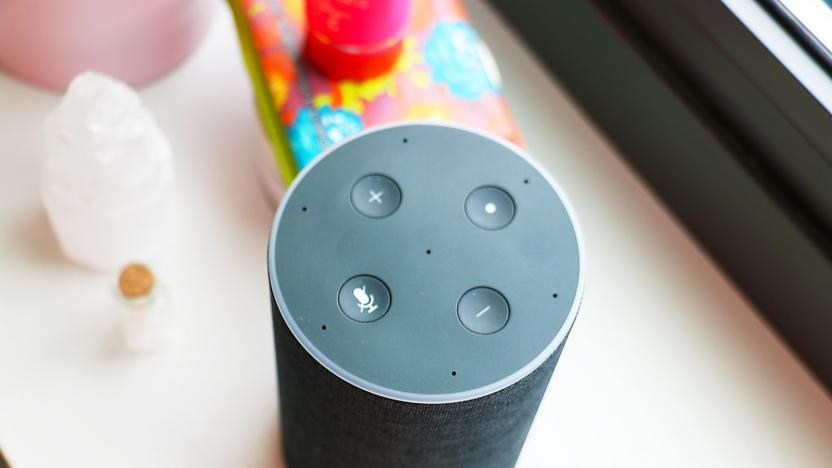
Alexa will soon have a memory
You'd be forgiven for thinking that Amazon's Alexa was an amnesiac: it can't remember important long-term info, or even that you started talking to it a few moments ago. Soon, though, it'll be considerably less forgetful. Amazon's Ruhi Sarikaya has detailed a string of upgrades to Alexa that promise more natural conversations, particularly about familiar subjects. Most notably, Alexa devices in the US will soon have a memory: you can tell the voice assistant to remember an important fact (say, a friend's birthday) and bring that up later.

NVIDIA's AI fixes photos by recognizing what's missing
Most image editing tools aren't terribly bright when you ask them to fix a photo. They'll borrow content from adjacent pixels (such as Adobe's recently demonstrated context-aware AI fill), but they can't determine what should have been there -- and that's no good if you're trying to restore a decades-old photo where you know what's absent. NVIDIA might have a solution. It developed a deep learning system that restores photos by determining what should be present in blank or corrupted spaces. If there's a missing eye in a portrait, for instance, it knows to insert one even if the eye area is largely obscured.

Microsoft's AI-powered offline translation now runs on any phone
Like many translation apps, Microsoft Translator has only used AI to decipher phrases while you have an internet connection. That's not much help if you're on a vacation in a place where mobile data is just a distant memory. Well, you won't have to sacrifice quality for much longer -- Microsoft has released offline language packs for Translator (currently on Android, iOS and Amazon Fire devices) that use AI for translation when you're offline regardless of your hardware. The move not only provides higher quality translations, but shrinks the size of the language packs by half. If you're a jetsetter, you might not have to shuffle language packs whenever you visit a new country.
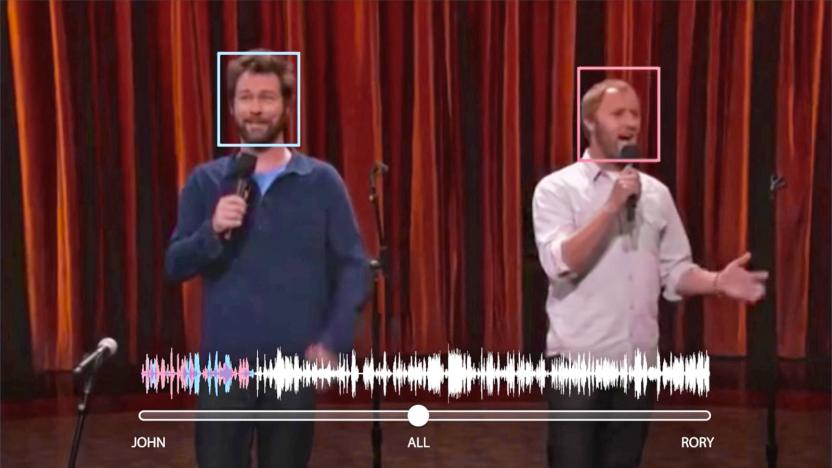
Google AI can pick out voices in a crowd
Humans are usually good at isolating a single voice in a crowd, but computers? Not so much -- just ask anyone trying to talk to a smart speaker at a house party. Google may have a surprisingly straightforward solution, however. Its researchers have developed a deep learning system that can pick out specific voices by looking at people's faces when they're speaking. The team trained its neural network model to recognize individual people speaking by themselves, and then created virtual "parties" (complete with background noise) to teach the AI how to isolate multiple voices into distinct audio tracks.
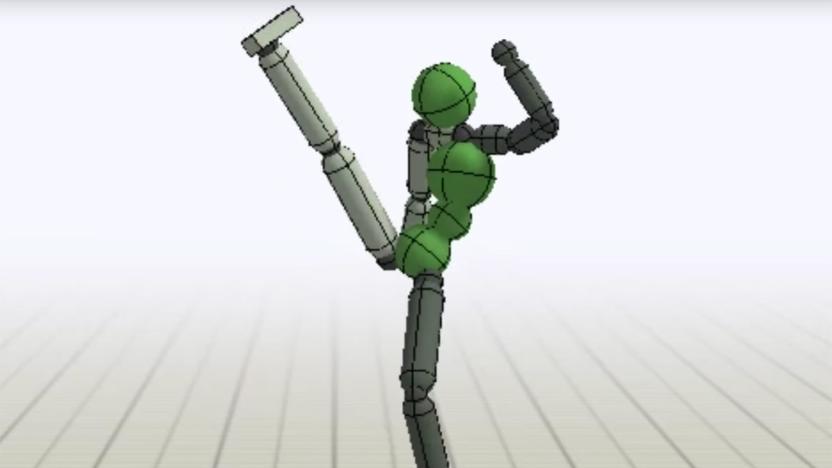
AI stuntpeople could lead to more realistic video games
Video game developers often turn to motion capture when they want realistic character animations. Mocap isn't very flexible, though, as it's hard to adapt a canned animation to different body shapes, unusual terrain or an interruption from another character. Researchers might have a better solution: teach the characters to fend for themselves. They've developed a deep learning engine (DeepMimic) that has characters learning to imitate reference mocap animations or even hand-animated keyframes, effectively training them to become virtual stunt actors. The AI promises realistic motion with the kind of flexibility that's difficult even with methods that blend scripted animations together.

Google Lens can identify dog and cat breeds
Now that the Android-first Google Lens feature has finally rolled out to the Photos app on iOS devices, nearly all mobile users can appreciate a recently-added feature: Identifying pet breeds. Also, a new wrinkle added this week will have Google Photos automatically create a book starring your pet. Yes, the might of artificial intelligence has been mustered to determine what kind of dog or cat is in the photo you just took. The only thing left for humans to decide is if they prefer a hardcover or softcover edition.
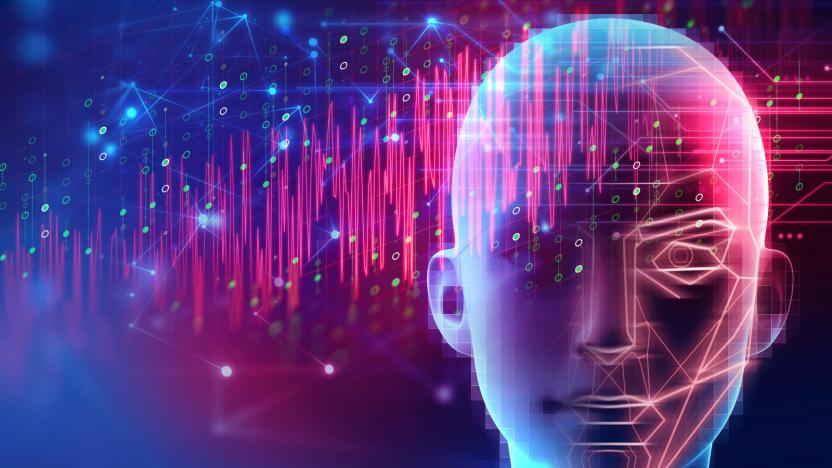
Researchers use machine learning to quickly detect video face swaps
We all know that AI can be used to swap faces in photos and videos. People have, of course, taken advantage of this tool for some disturbing uses, including face-swapping people into pornographic videos -- the ultimate revenge porn. But if AI can be used to face swap, can't it also be used to detect when such a practice occurs? According to a new paper on arXiv.org, a new algorithm promises to do just that, identifying forged videos as soon as they are posted online.

What Siri can learn from Google Assistant
It's no secret that when it comes to voice assistants, Siri is often cited as one of the worst. Even though Apple introduced it years before Amazon and Google, their digital rivals -- Alexa and Google Assistant -- have since bested Siri in both features and performance. That's mostly because Amazon and Google have spent years pouring millions of dollars worth of research into artificial intelligence, making their assistants smarter and more capable over time.
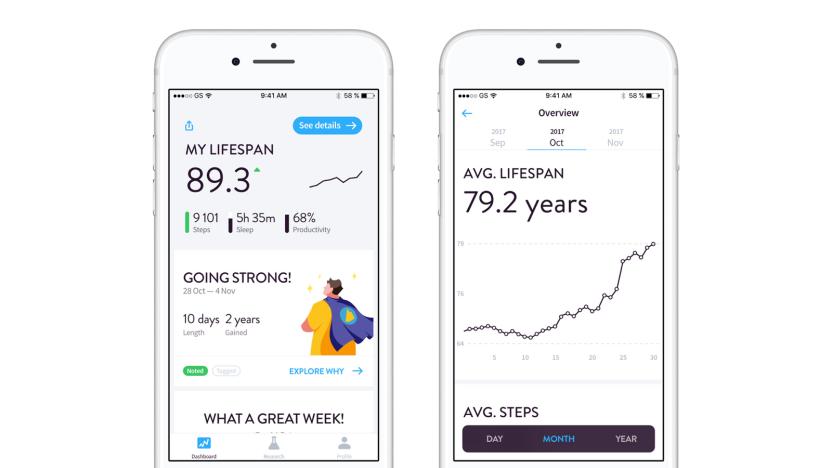
AI predicts your lifespan using activity tracking apps
Researchers can estimate your expected lifespan based on physiological traits like your genes or your circulating blood factor, but that's not very practical on a grand scale. There may be a shortcut, however: the devices you already have on your body. Russian scientists have crafted an AI-based algorithm that uses the activity tracking from smartphones and smartwatches to estimate your lifespan with far greater precision than past models.








